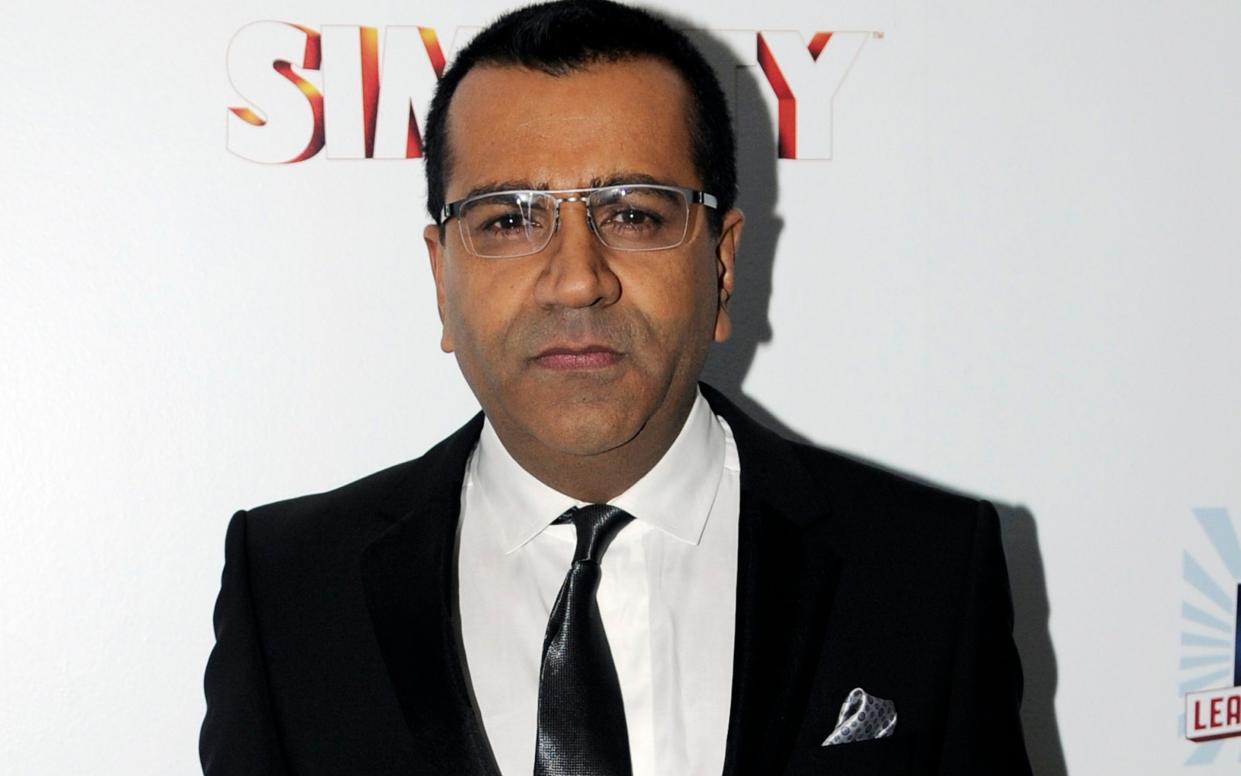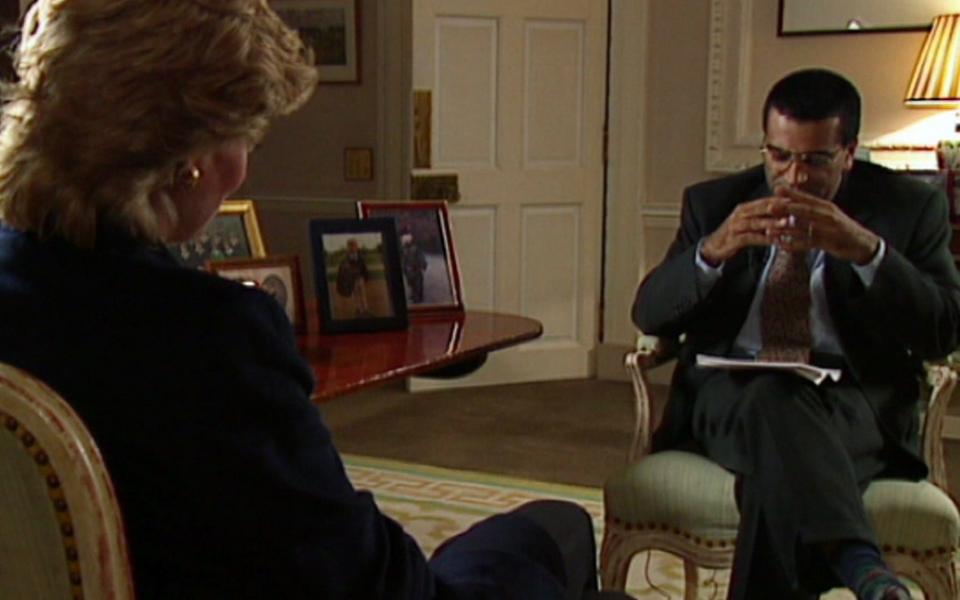BBC to redact hundreds of emails in Martin Bashir scandal having been ordered to release them

The BBC is to redact hundreds of emails relating to its handling of the Martin Bashir scandal after a judge ordered that they be handed over.
The corporation intends to use the Freedom of Information Act to prevent full disclosure in the case.
It has already spent more than £100,000 in legal fees in a bid to keep secret information relating to the controversial Panorama interview which Bashir conducted with Diana, Princess of Wales in 1995.
Earlier this month, a judge ordered that emails about the interview – numbering around 3,200 – be released. Andrew Webb, a documentary maker, has spent two-and-a-half years fighting for them to be made public.
Judge Brian Kennedy KC, overseeing the tribunal, said that the BBC had been “inconsistent, erroneous and unreliable” in the way it dealt with the initial request.
Redactions made under FOI Act
At an information rights tribunal hearing on Friday, lawyers for the BBC said that “a huge amount of work” had been put into reviewing the material and the broadcaster was “very, very anxious” to avoid appealing the judge’s decision.
But Jason Pobjoy, representing the BBC, said that redactions would be made primarily under section 42 of the Freedom of Information Act, which concerns the disclosure of legally privileged information.
Other exemptions would be sought in relation to a bundle of around 400 emails in which a “significant number” contained “third-party personal data” such as email addresses and phone numbers.
“This is not giving us free rein just to redact without consequence. [The BBC is] only claiming where there is a legitimate exemption that applies,” Mr Pobjoy said.
Mr Webb told the hearing: “I have been waiting two-and-a-half years for these documents.
“We have been told this whole mass of data was initially meaningless, irrelevant and nothing to do with a cover-up, etc. The BBC has been fairly forcefully told that is not good enough.”
A 2021 inquiry by Lord Dyson concluded that Mr Bashir had used deception to secure the interview and then lied to his managers at the BBC.
The journalist has produced fake bank statements, which he showed to Earl Spencer, falsely suggesting that people were being paid to keep the princess under surveillance.

Lord Hall of Birkenhead, then head of news and later the BBC’s director-general, told the board of governors in 1996 that Mr Bashir was “an honest man”.
Earl Spencer, however, has claimed that senior figures at the corporation later sought to cover up details about who knew what and when.
When the scandal broke in 2020, the BBC said that Mr Bashir was on sick leave and too ill to respond to claims. He was then photographed collecting a takeaway.
Earl Spencer recently told BBC Radio 4’s Broadcasting House programme: “I was told when I approached the BBC management at that time that there was no way we could talk to Martin Bashir, he was too ill to talk… but we know there are 38 emails between Bashir and senior people at the BBC at this time.”
The BBC must submit the documents by January 24. Mr Webb can challenge any of the redactions if he wishes and, if he does so, the tribunal will be able to access the unredacted emails when coming to a decision on whether or not they should be disclosed in full.
The case was adjourned to a date to be fixed.


